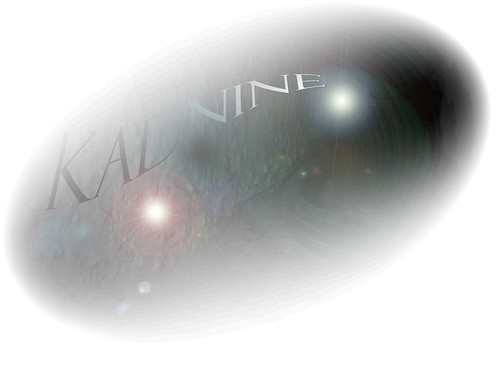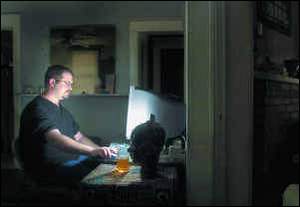Frontline folly
Jules Crittenden reviews PBS Frontline's "Bush's War."
God! How I hate that phrase. Bush's war. As if, should the war be lost, it would only be a rebuke of Bush's hubris and not a loss to America in general. I'm more than a little bit, um... invested in seeing our eventual victory in Iraq. I've got skin in this fight. That's not to discount the right of my fellow Americans to disagree with the reasoning behind the initial invasion, but Frontline's casual, dispassionate indifference? Bush's War? Sheesh!
Crittenden:
I watched some of it last night, but the never-ending stream of NYT reporters interviewed wore thin after just 20 minutes. I decided Alton Brown's Good Eats on the Food Network was more worth my time.
God! How I hate that phrase. Bush's war. As if, should the war be lost, it would only be a rebuke of Bush's hubris and not a loss to America in general. I'm more than a little bit, um... invested in seeing our eventual victory in Iraq. I've got skin in this fight. That's not to discount the right of my fellow Americans to disagree with the reasoning behind the initial invasion, but Frontline's casual, dispassionate indifference? Bush's War? Sheesh!
Crittenden:
As television goes, it is a relatively comprehensive review of the major decisions and controversies of the Iraq war, with a little 9/11, Afghanistan precede. It makes some, though not many, attempts to be fair and thorough in presenting the perspectives of both sides. When you watch it, you might learn a few things. You’ll remember a lot. It won’t change your mind about anything.
We’ve got that out of the way. On to what’s wrong. I’m not sure in the space I can reasonably fill here, short of exceeding Frontline’s own 4:30-hour limit, that I’ll be able to enumerate them all. It’s daunting...
This is probably a good place to mention one of the (other) fundamental shortcomings of this documentary. It takes place in a fishbowl. A Washington D.C. fishbowl, in which history largely doesn’t exist. The Sept. 11 attacks are presented only as a horrific event that prompted Cheney and Rumsfeld to start rabidly pushing for the invasion of Iraq. The history of Saddam Hussein, and the many reasons why his removal made sense and still makes sense get lip service at best. The fact that the UN sanctions regime was on the verge of collapse, the danger that posed, and what was subsequently learned about Saddam’s plans to resume his weapons programs in that event get no airing. The questions that remain about what Saddam might have done with the dormant elements of his WMD programs and whether they were shipped to Syria, not mentioned. The positive geopolitical ramifications of the removal of Saddam Hussein … Libya’s capitulation and last summer’s revelation that Iran stopped its nuclear weapons program after the invasion of Iraq, if only briefly … not part of the scope of this project. Presumably the recently released Pentagon study that found extensive contacts between Saddam Hussein’s intelligence agents and al Qaeda came out after this Frontline series was put to bed. But there is no reason to think Frontline, like most of the American media, wouldn’t just have reported the “no direct operational links” part.
I watched some of it last night, but the never-ending stream of NYT reporters interviewed wore thin after just 20 minutes. I decided Alton Brown's Good Eats on the Food Network was more worth my time.

